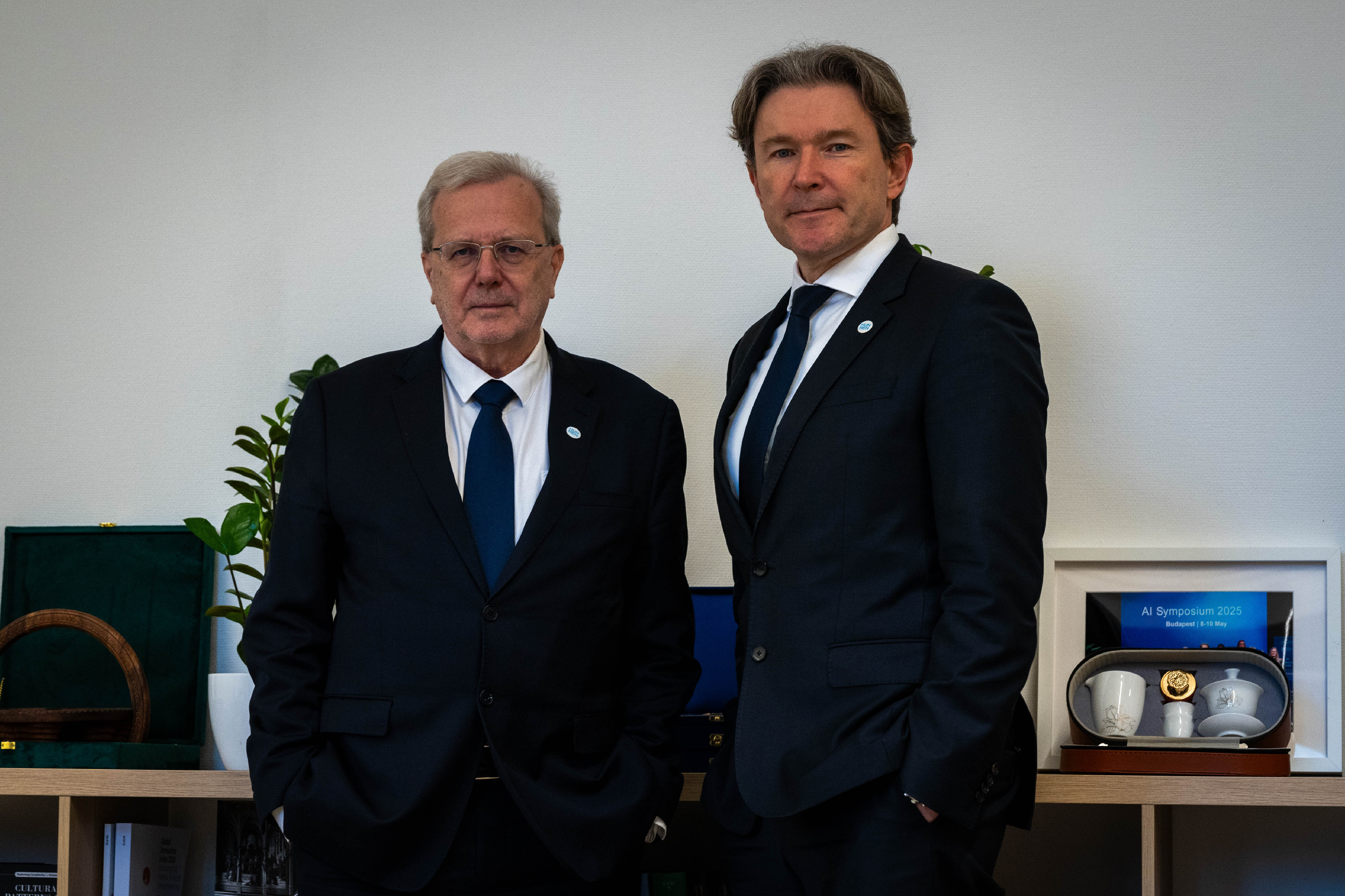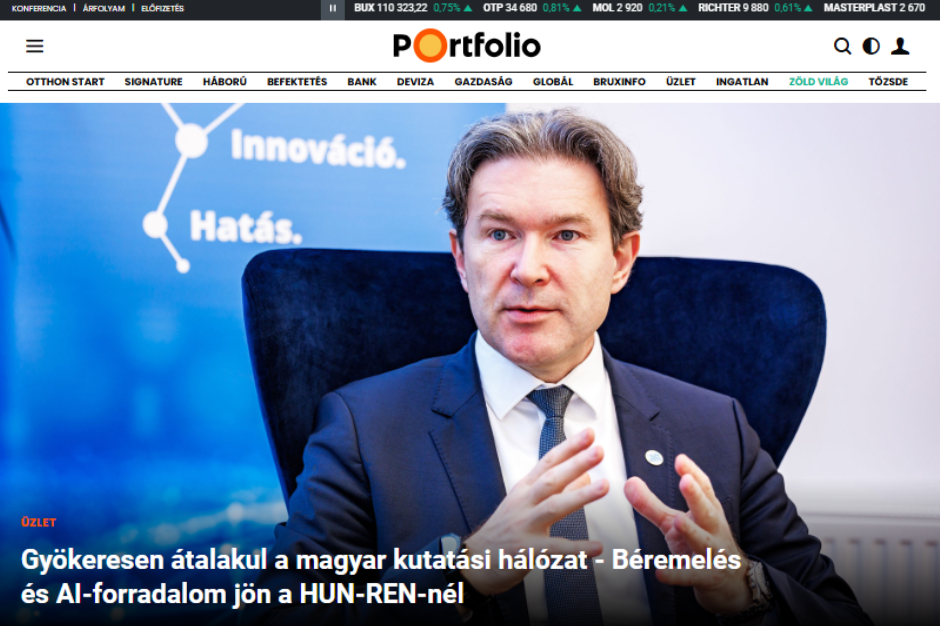Professor James W. Scott Joins HUN-REN CERS to Establish a New Research Group Within HUN-REN’s Excellence Programme to Investigate Small State Geopolitics in a Multipolar World and Prospects for Southeast European Regional Cooperation
Professor James W. Scott, one of the most prominent international figures in border and regional studies, arrives in Hungary as part of the HUN-REN Welcome Home and Foreign Researcher Recruitment Programme. The aim of his newly established research group at the Institute for Regional Studies at the HUN-REN Centre for Economic and Regional Studies (HUN-REN CERS IRS) is to investigate small state actorness and geopolitical positionality in the Southeast European (Western Balkans) context. The project focuses on the EU-member states of Bulgaria, Croatia and Hungary, as well as the candidate states of Albania, Bosnia and Herzegovina, North Macedonia, Serbia, and Kosovo.

Prof. Scott was born in 1956 in Oakland (California, USA). In addition to his three “mother tongues” (English, Spanish, German), he is also proficient in other languages (Finnish, Hungarian, French, Russian). He obtained a BA in Biology in 1979 at Berkeley and an MA in Geography from Freie Universität Berlin in 1986, where he defended his PhD dissertation and then habilitated in 2006. From 1992 to 2008 he was a full-time scientific researcher in Berlin (Leibniz-Institut für Regionalentwicklung und Strukturplanung in Erkner), as well as a university lecturer at Freie Universität Berlin). His early scientific research, which gained him international attention and recognition, was both theoretical and applied research focused on spatial and urban planning.
Between 1998 and 2007, and besides his research and university lecturing activities, Prof. Scott worked for several months in various countries (Tampere, Joensuu, Barcelona) and spent one year in Guadalajara and Berkeley. From the early 2000s on, he gradually became one of the international key figures in border studies and one of the most recognised leaders of cross-border co-operation (CBC) research projects in the European Union. He has achieved a prominent position in Brussels with his high-level research and publishing activities on the subject. Since 2008, he has been a professor at the Karelian Institute of the University of Eastern Finland in Joensuu. His results have been published in Cities, European Planning Studies, European Urban and Regional Studies, Geopolitics, Political Geography, Regional and Federal Studies, Regional Studies, Urban Studies, among others.
From the point of view of Hungarian regional science, it was important that in 2012–2013 James W. Scott received a ten-month scholarship (Distinguished Scientist Fellowship) from the Hungarian Academy of Sciences (HAS) in the field of border studies, which he primarily spent at the HUN-REN CERS IRS. He also got to know all the border sections of the country and other border research institutions and schools in the Carpathian Basin. Since 2013, he has been a research associate at the HUN-REN CERS IRS and the head of the Research Group in Border and Borderlands Studies established with the support of the President of the HAS. In 2022 he became an honorary member of the HAS.
This new research project builds on HUN-REN CERS IRS’s long-standing experience in the analysis of regional cooperation, cross-border relations and geopolitics. In terms of method, it will be based on document and media analysis, stakeholder interaction and knowledge-exchange seminars. The project will serve to consolidate the development of HUN-REN CERS’s Border Research Group. Moreover, comparative research will be facilitated through HUN-REN CERS IRS’s extensive collaborative networks within Central and Southeastern Europe.

